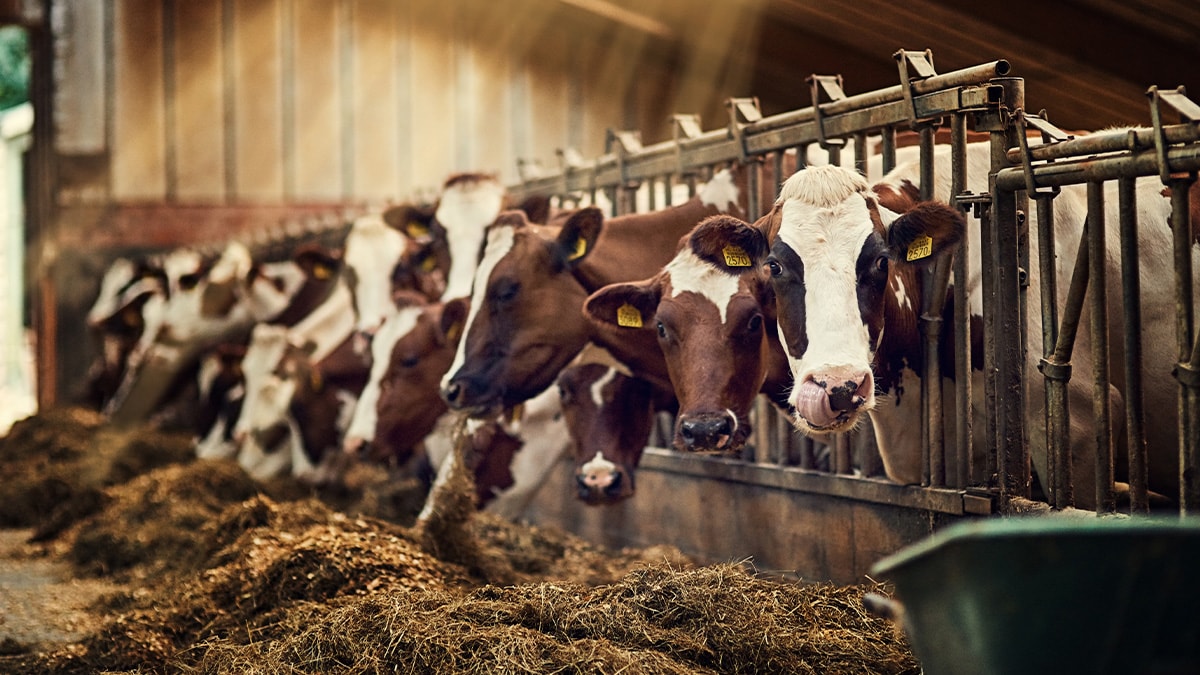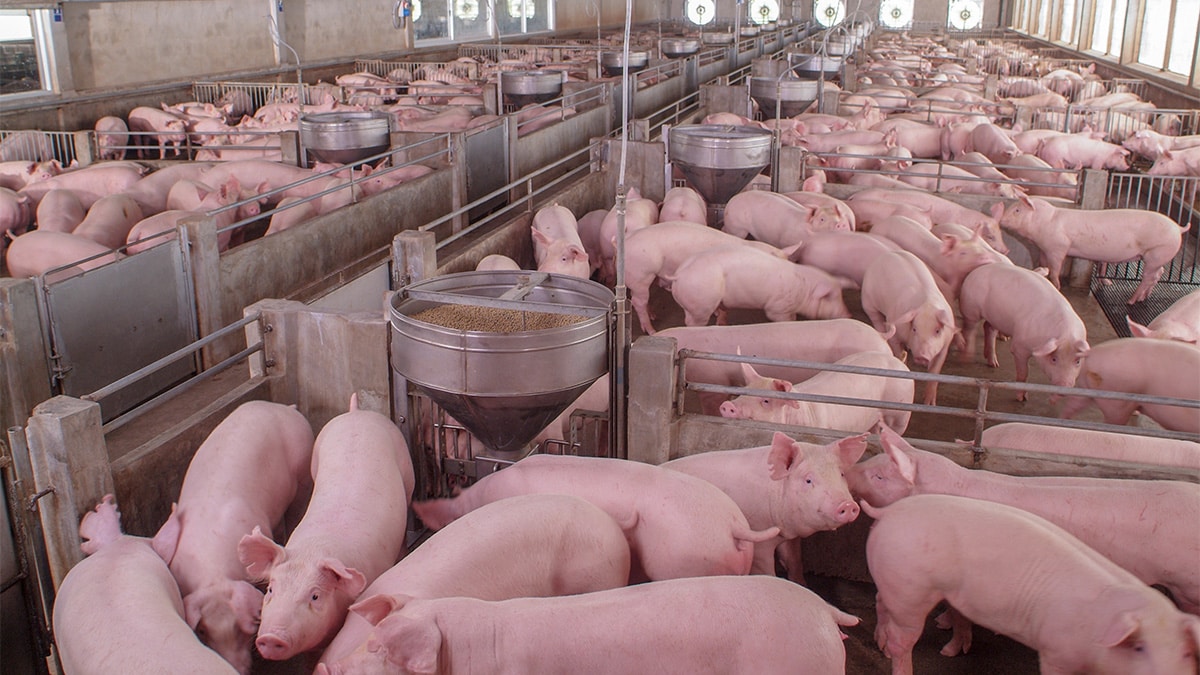Key points
- Floodwaters contaminated by Animal Feeding Operations (AFOs) can have serious impacts to the environment and human health.
- Following specific guidance after exposure to contaminated floodwater guidance can help minimize potential health risks.

Overview
Animal Feeding Operations (AFOs) are agricultural operations where animals are kept and raised in confined situations. During a flood, animal waste and wastewater from AFOs have the potential to contribute pollutants into surface water and the environment.
Some contaminants from surface water may get into the ground water and affect private drinking water wells and municipal water systems that use ground water.

What is in the waste from animal feeding operations?
Animal waste (manure) from animal feeding operations can contaminate surface water when flooding of these sites occurs.
Animal waste (manure) from animal feeding operations and wastewater from commercial/industrial operations may contain:
- Pathogens such as E. coli
- Hormones
- Antibiotics
- Chemicals such as nitrates, phosphorus, and ammonia
- Heavy metals such as zinc and copper
Potential health effects
Potential health effects from exposure to floodwater contaminated with animal waste can lead to:
- Gastrointestinal illness (vomiting, diarrhea, fever)
- Skin irritation (rash, inflammation, infection)
- Respiratory illness (cough, sore throat, fever)
- Chemical and metal exposures
What you can do
- Stay out of floodwater.
- If you come in contact with floodwater, wash skin with soap and water immediately.
- If you get sick or injured, seek medical attention and let the healthcare provider know about your exposure to contaminated floodwater.
- If you are working in or cleaning up animal feeding operations, follow the Interim Guidance for Protecting Workers from Livestock and Poultry Wastewater and Sludge During and After Floods.
Resources
The U.S. Environmental Protection Agency regulates animal feeding operations under the Clean Water Act. The Clean Water Act's National Pollutant Discharge Elimination System Program regulates point sources that discharge pollutants into waters of the United States.
